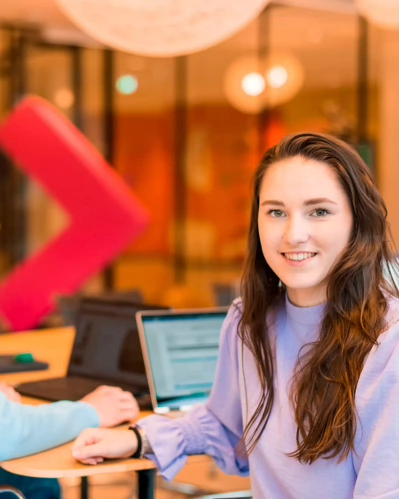
Programmes

Living in the Netherlands
- Information for parents/carers
- Our campuses
- Studying in the Netherlands
- Visa and insurance
- Holiday calendar
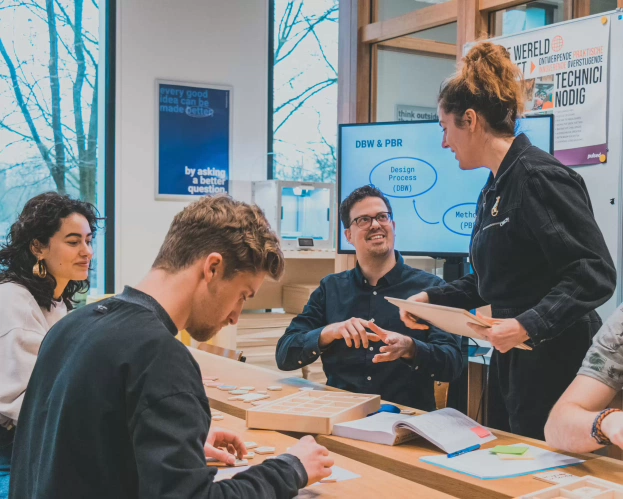
Deadline: May 15 (non-EEA), June 15 (EEA)
Open days and more
Ready to level up your engineering skills? The Master in Digital Technology Engineering at Fontys in Eindhoven is your gateway to mastering AI, data analysis, and digital transformation. Designed for ICT and Engineering graduates, this MSc empowers you to lead in today’s tech-driven world. Join us!
Develop critical skills to handle complexity, uncertainty, and interconnected systems.
Gain the expertise needed to thrive in a smart, tech-driven society.
Complete your MSc in just 2 years and launch your career!
Are you a working professional, looking to obtain a Master's degree whilst working? We've got you covered.
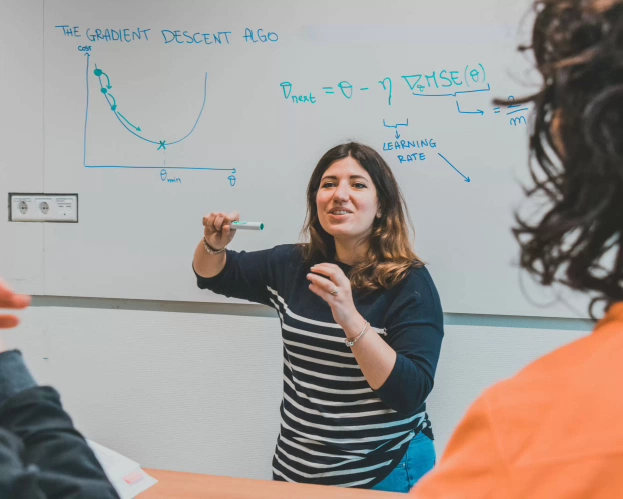
With the Master in Digital Technology Engineering, you’ll tackle projects that drive digital transformation, such as AI, data analytics, and embedded systems. Your week combines design-based learning, teamwork, and expert-led sessions, ensuring you build both technical depth and problem-solving skills for a tech-driven world.
Explore hands-on tech solutions for digital transformation challenges.
Develop skills in design thinking, human-centered design, and process optimization.
Experience industry-focused challenges and gain career-ready expertise.
Over two years at the MSc Digital Technology Engineering, you’ll tackle digital challenges like AI-powered data analysis and IoT integration. In Year 1, you’ll complete three hands-on projects with 'in-between' weeks for reflection. In Year 2, dive into a final challenge and complete a 20-week graduation project (internship) with any company of your choosing.
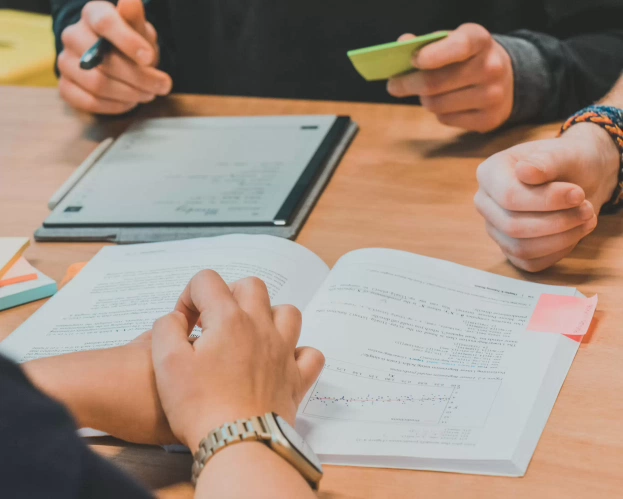
After graduating, you’ll be ready for roles like process analyst, product owner, or design engineer at tech leaders like ASML and Signify, as well as non-tech sectors, including hospitals and service companies like CSU. Use your tech expertise to drive digital transformation across diverse industries, from healthcare to business operations.
Check the full admission requirements to see which qualifications allow you to enrol.
The exact requirements vary per programme—click the link to check the specific criteria
Discover our campus: beautiful and well-equipped study spaces, trendy coffee corners, and pleasant campus squares. Everything for your growth and enjoyment!
Taking care of your finances is an important part of student life. There are tuition fees, possible scholarships and (proof of) living expenses to consider.
More about financesGood to know: the Dutch Immigration Service (IND) requires non-EEA students to prove they have access to a certain amount of money per year/semester. Read more by clicking the link above.,
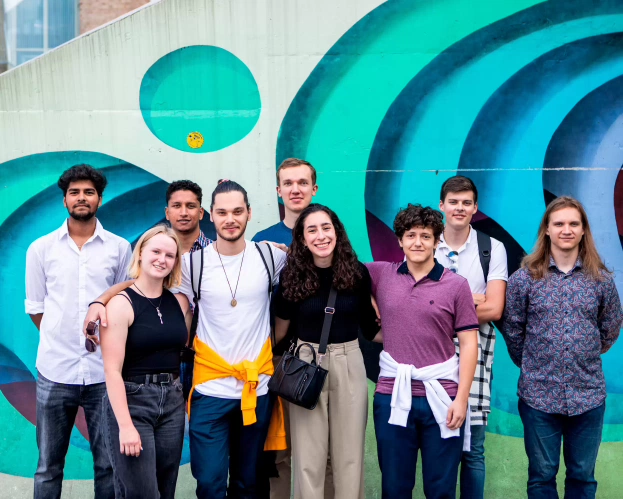
Starting a study in a foreign country is exciting. Discover how Fontys can assist you, especially with accommodation, amid the Dutch housing crisis.
September
English
2 year(s)
Master
Full-time
Eindhoven